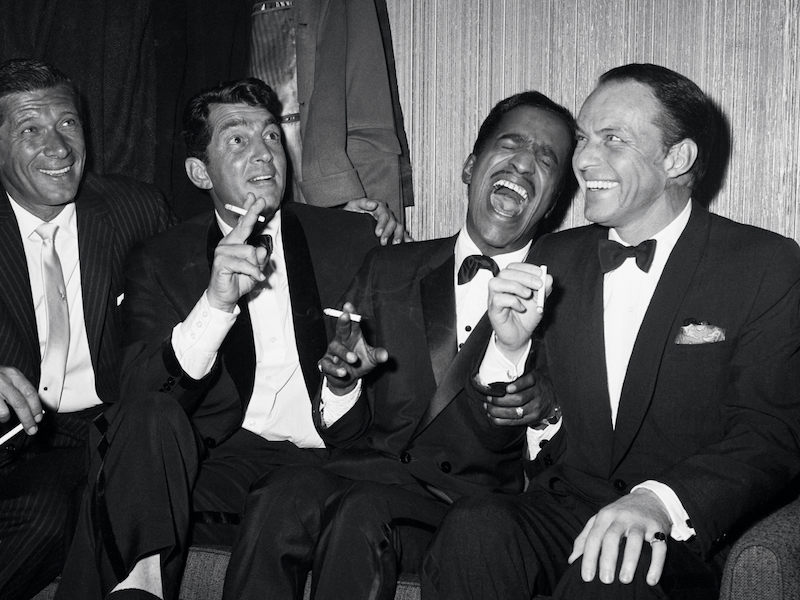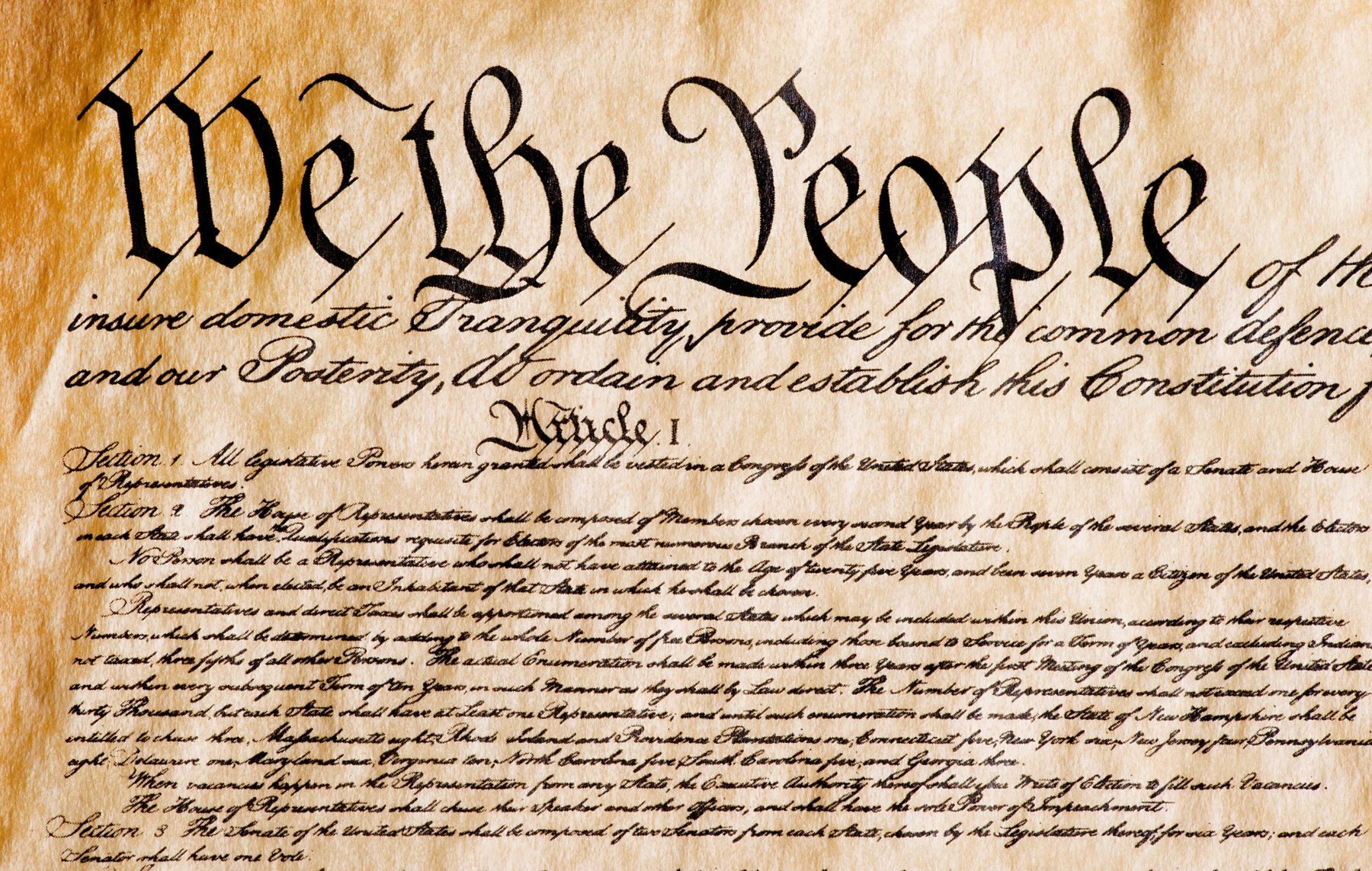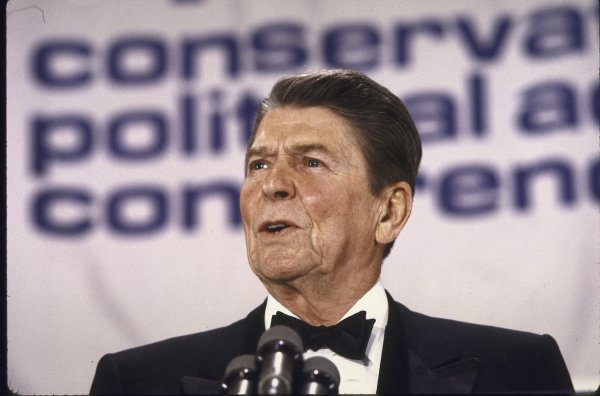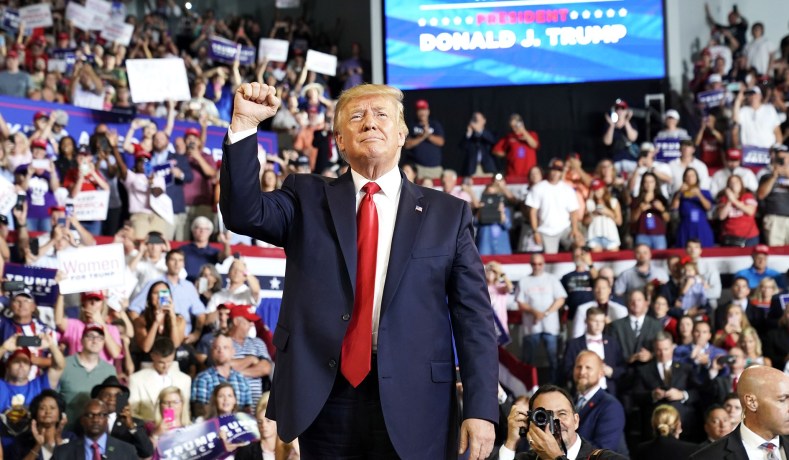America’s future turns on an iron hinge.
Nationalism Isn’t Populism

Not in America, and not anywhere else.
Everything is what it is, said Bishop Butler, and not another thing. There has been a revival of American nationalism, but it is unhelpful to call this populism, which is very much another thing. There have been American populists, of course. Pitchfork Ben Tillman comes to mind, along with other racists and religious bigots. Which is why calling someone a populist is to smear him, and that is why the term is bandied about by American leftists to describe their opponents.
Not merely is American nationalism different from populism, but if properly understood the two are mutually exclusive. That is because the core icons of American identity are the liberal ideas of our founders, which is what makes Americans out of Americans. American nationalism is necessarily a liberal nationalism.
In other countries, nationalism is a matter of dynastic houses and cultural icons, but America does entirely without the former and increasingly without the latter. Instead, the focal point for nationalist and patriotic sentiments is the sense that America has a special mission to secure liberty and its blessings, as promised by the Declaration of Independence and guaranteed by the Bill of Rights. For Americans, as Americans, illiberalism is self-defeating, and if some Americans in the past have been illiberal, in time they’ve been seen to be un-American.
There is a second reason why American nationalism must necessarily be liberal. In a country as diverse as ours, the nationalist must be willing to embrace our different cultures. You can be an American if you don’t like baseball and apple pie. You can be an American if you don’t like Coolio and Johnny Cash, Thelonious Monk and Dave Brubeck, Carlos Santana and Doc Watson. It’s just that you might be a wee bit more American if you did like them. If you don’t, and you tell me you’re a nationalist, I get it. You love America. It’s just Americans you dislike.
Professor Dueck notes in his new book that today’s American nationalists are middle-of-the-road or even left-of-center on economics and welfare policies, and calls this populism. It is better regarded as a kind of nationalism that until now has been absent in the Republican Party. Nationalism can take two very different forms. Vertical nationalism desires its country’s glory, its preeminence over that of other countries. But there’s another kind of nationalism: horizontal nationalism, that rests on a sense of kinship to and fraternity with fellow citizens, and that draws one leftward on economic policies.
The horizontal nationalist distinguishes between citizens and non-citizens. The open borders crowd, right and left, doesn’t. The right-wing version would deny welfare benefits to both. The left-winger would extend the same benefits to both. But, like Kent in King Lear, the horizontal nationalist says, “I’ll teach you differences.” He would deny benefits to non-citizens, but in doing so he’d extend greater benefits to citizens.
The policies I describe occupy the place where presidential elections are won, with a combination of social conservatism and economic liberalism, and a slogan to make America great again that implies both vertical and horizontal nationalism. In 2016, Trump found the sweet spot in American presidential politics, the famous upper-left quadrant I wrote about two years ago in the Wall Street Journal. Sadly, he’s not governed quite like the candidate from three years ago, and this would make him vulnerable to a Democratic candidate who could shed that party’s identity politics.
Let me say something to Americans who might disagree with what I’ve said: the anti-liberals who reject the American creed, the conservatives who dislike our minority cultures, and the right-wingers who hate welfare benefits for the disabled. When you call yourselves nationalists…I do not think that word means what you think it means.
In particular, let’s drop the term populism from our vocabulary. Both Professor Dueck and I are immigrants from Canada. As such, we are both very well familiar with political parties that are socially conservative and economically liberal. In Canada, they are called Red Tories, and they are the party of Sir John A. Macdonald and John Diefenbaker. How it is that people with such policies are called populists in the United States and Tories in Canada is a puzzle that eludes me.
The American Mind presents a range of perspectives. Views are writers’ own and do not necessarily represent those of The Claremont Institute.
The American Mind is a publication of the Claremont Institute, a non-profit 501(c)(3) organization, dedicated to restoring the principles of the American Founding to their rightful, preeminent authority in our national life. Interested in supporting our work? Gifts to the Claremont Institute are tax-deductible.
Liberalism, pluralism, and self-government are indeed under threat.
Working citizens rightly rally around statesmanship, not ideology.
The new movement in American politics is unlikely to disappear anytime soon.




